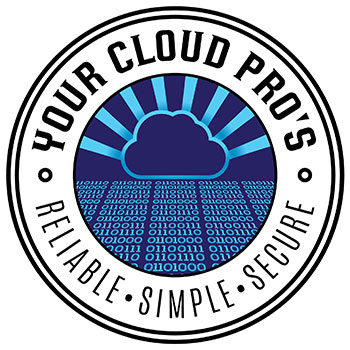Cashing in on an Idea: Is now the Right Time?
 Consumers purchase millions of dollars in new software and hardware every year. Many of the products they buy stay current only for a short period of time, but the money that passes through the economy cannot be under-appreciated. If you have come up with the perfect software or hardware, it is tempting to work on licensing it right away and get your piece of the proverbial pie. But not all products should be sold off to general consumers. Read on to find out when licensing makes sense for your company and when it doesn’t.
Consumers purchase millions of dollars in new software and hardware every year. Many of the products they buy stay current only for a short period of time, but the money that passes through the economy cannot be under-appreciated. If you have come up with the perfect software or hardware, it is tempting to work on licensing it right away and get your piece of the proverbial pie. But not all products should be sold off to general consumers. Read on to find out when licensing makes sense for your company and when it doesn’t.
There is a fine line between successful licensing and a failed attempt. You certainly don’t want to risk selling prematurely, when the software doesn’t yet have enough appeal in a large market to succeed. On the other hand, you don’t want to “lose” the market altogether by selling the sale rights to someone else who will “overtake” the product.
Questions to Ask Before you Commit to Licensing Anything
Before you make the decision to take your hard-earned product and send it to the masses through licensing, consider:
The value of your new product and its potential
If you believe you have a truly unique software, it may be best to keep it under wraps and exclusive to your company. However, if it is a product in a highly competitive area wherein technology changes quickly, it may be worth thinking about how best to capitalize on the changing market.
Its fit on your business market
If your software is a time management program and you run an internet security firm, there’s a chance that you may have to spread yourself thin to market the new product and maintain your own business focus. In this case it might be smart to find a company to license your product that is more aligned with the product’s purpose.
The levels of licensing
It is possible to allow a company to license your product on a non-exclusive basis, which will allow you to maintain control of the product in some form. The decision to pursue licensing of a software or hardware should be made carefully.
If you need advice on what to do with a new software or piece of hardware created by your business, give us a call. We can help you maximize the benefits of your design.




